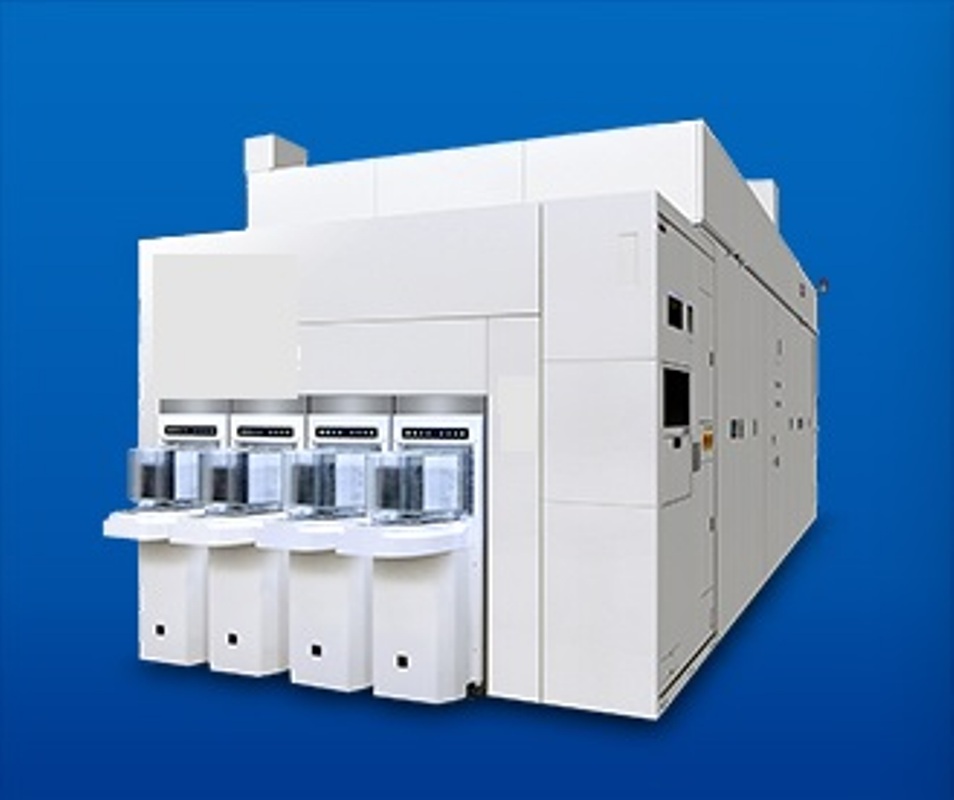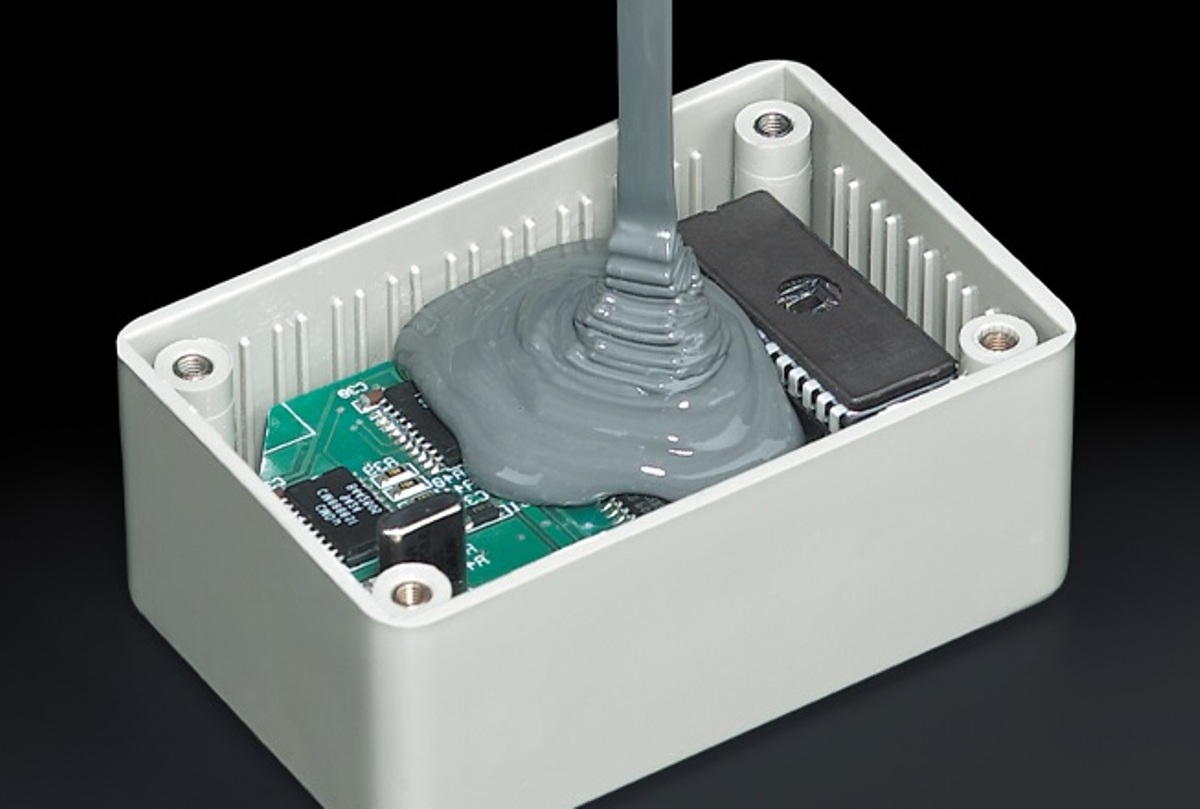
The global market for rheumatoid arthritis treatments is expected to grow at a CAGR of...
Learn More
Our consulting solutions address company specific challenges with respect to micro environment...
Learn More
Organizations frequently need day-today research guidancein order to gain strategic...
Learn More
Exploring different areas of market research and market analysis is a key factor...
Learn MoreAcute Market Reports presents the most extensive global business research services across industries. Our research studies focus on potential outcomes, benefits, and risks associated with each market segment across geographies. Having served our global clients for more than 10 years, our prime priority is to enable our clients in making well-informed business decisions through a data-driven, analytical, and uncomplicated research approach.
We provide access to the world's most comprehensive, analytical, and updated business intelligence services and solutions.




The forestry equipment market is expected to grow at a CAGR of 4.3% during the forecast period of 2025 to 2033. The market is propelled by a commitment to sustainable forestry practices, technological advancements, and the concurrent growth of the co...
Read More
The ion implantation machine market is expected to grow at a CAGR of 6.8% during the forecast period of 2025 to 2033, characterized by robust drivers, including the rising demand for advanced semiconductor devices, expanding applications in metal fin...
Read More
The potting compound market is expected to grow at a CAGR of 4% during the forecast period of 2025 to 2033. The market is characterized by its critical role in protecting electronic components across various industries, driven by technological advanc...
Read More




